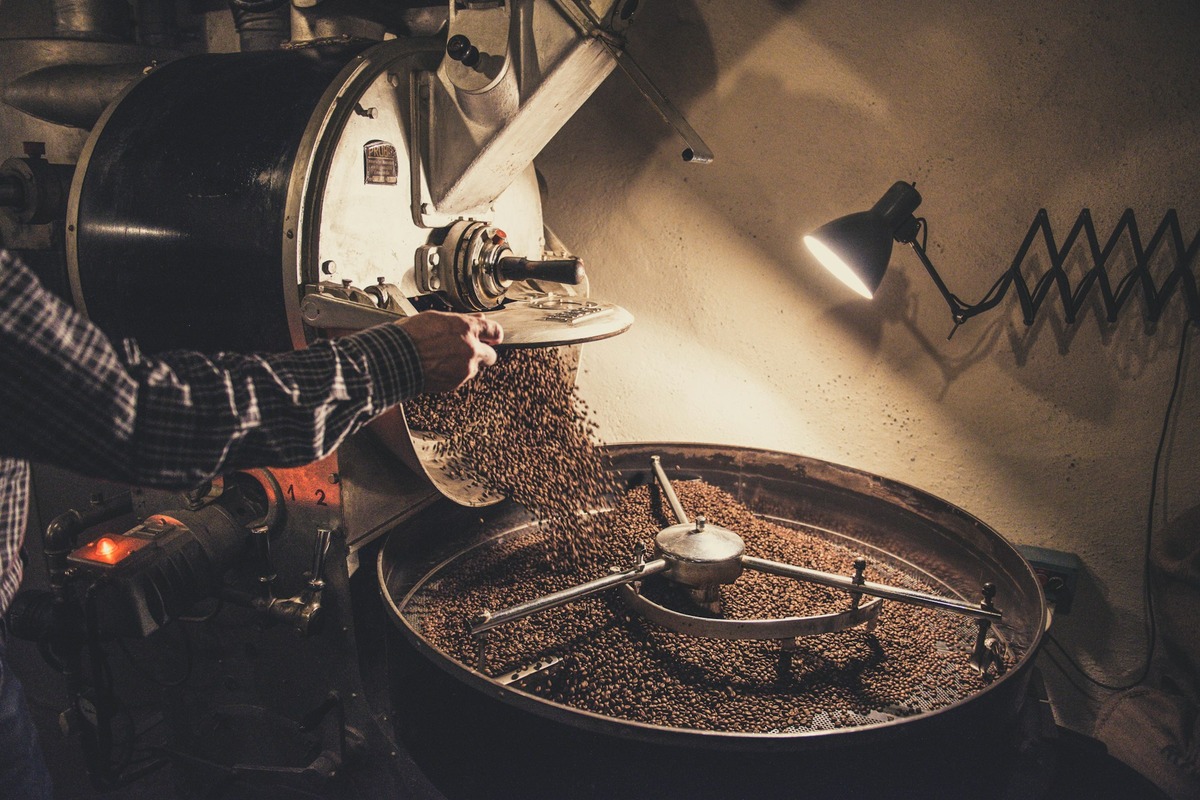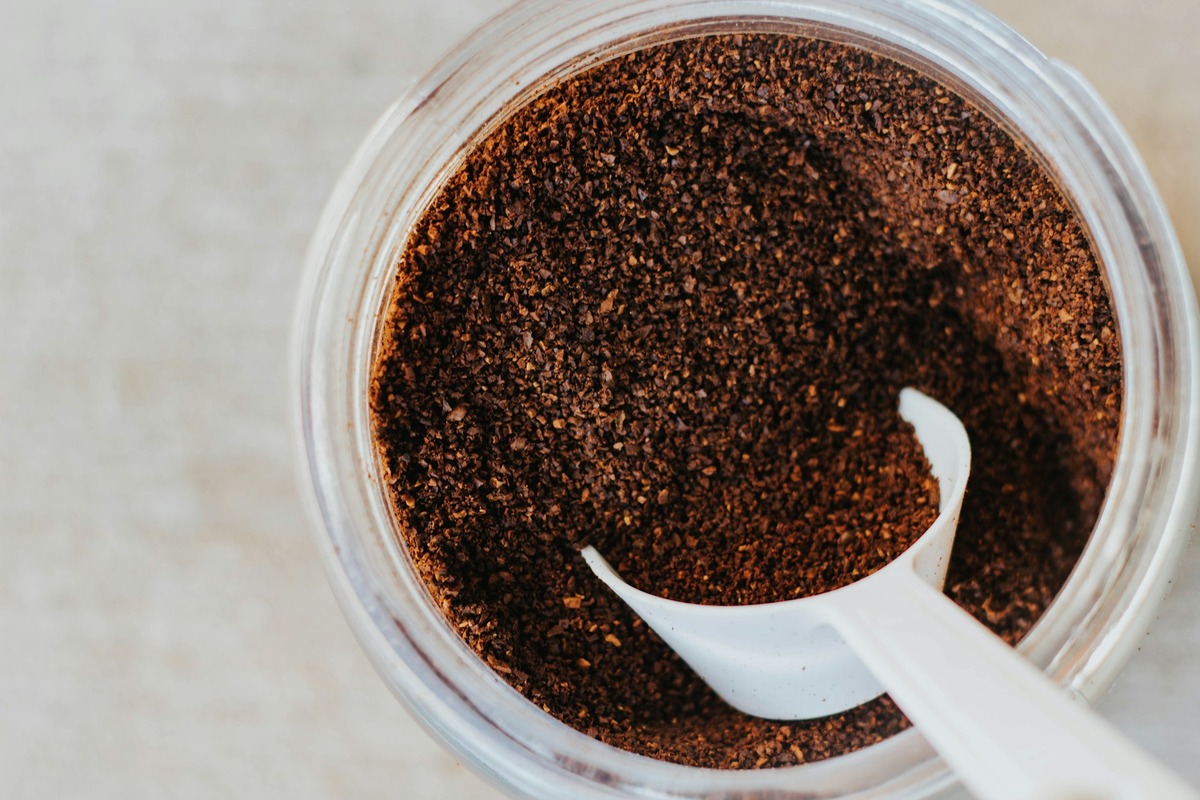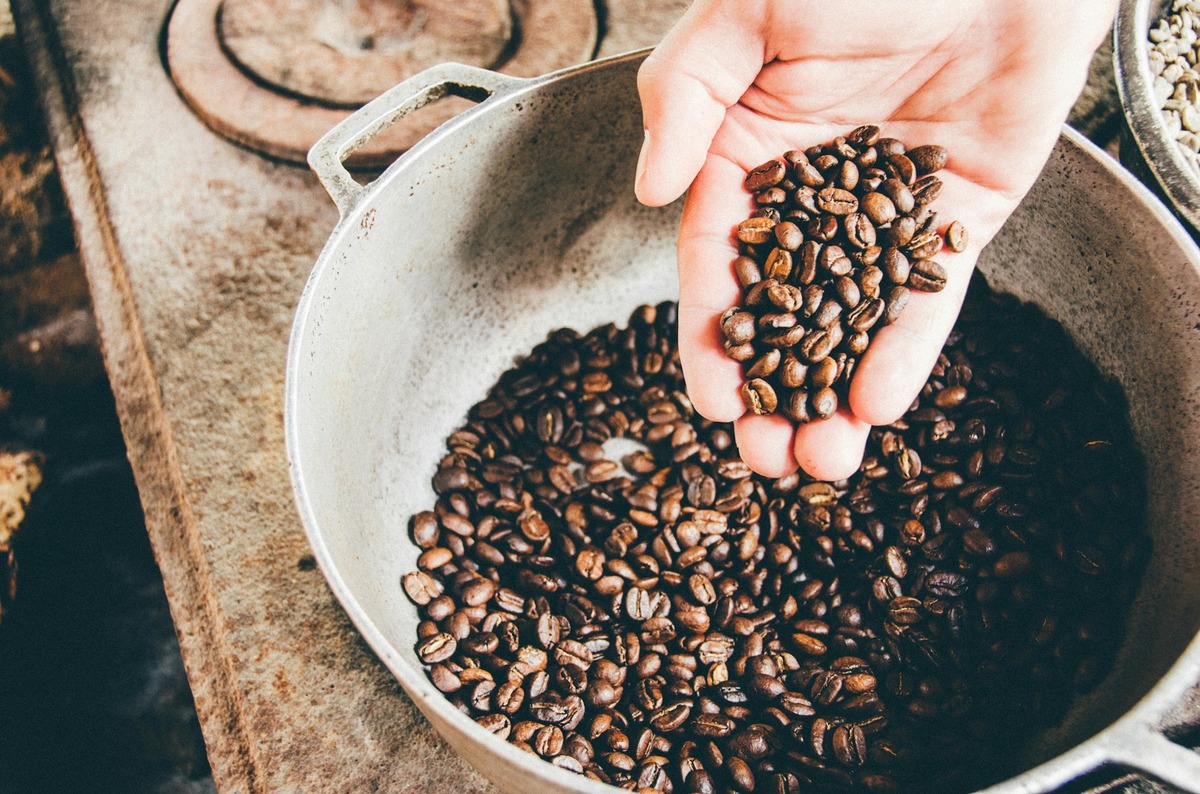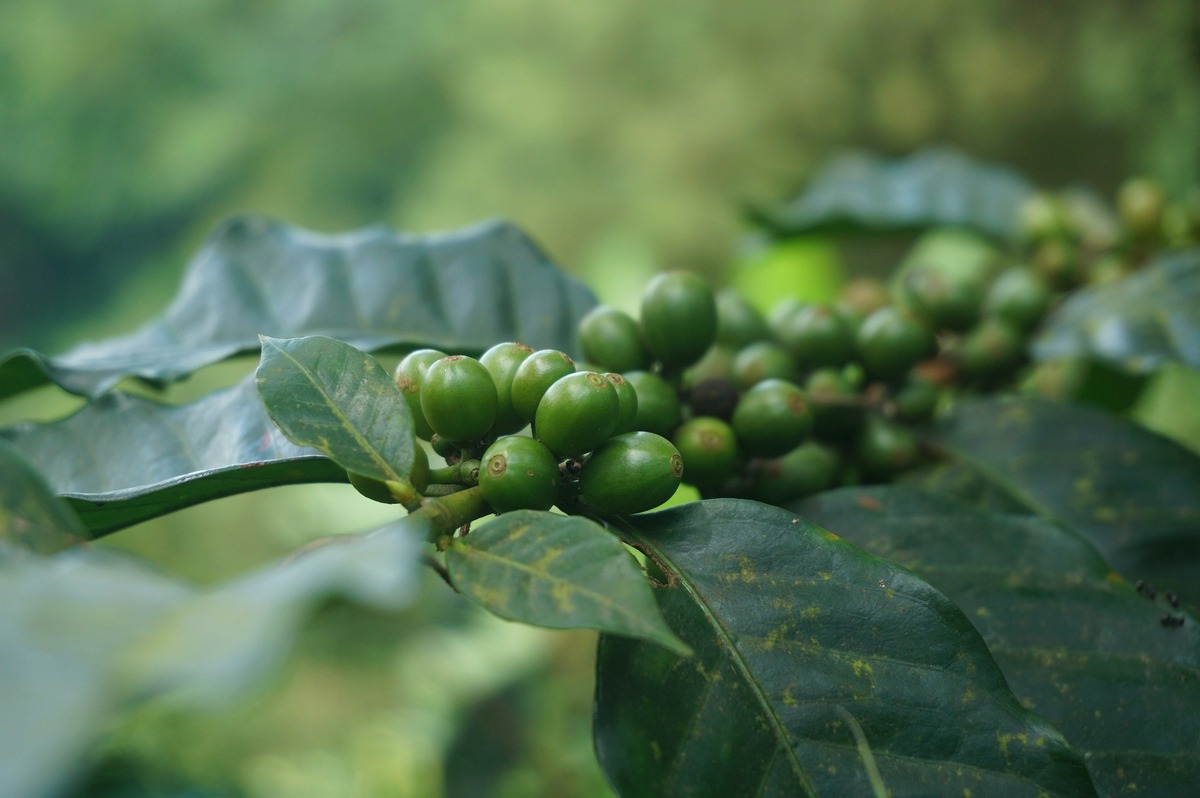decaf coffee ban, About 10% of American adults (about 26 million people) drink decaffeinated coffee daily, most of which has been brewed using the European method for more than 50 years.

Recently, activist groups known for fear-mongering to scare Americans about the safety of everyday foods have pressured the U.S. Food and Drug Administration (FDA) and the California State Assembly to enact unwarranted restrictions against European-method decaffeinated coffee, including a nationwide ban and misguided labeling requirements in California.
The federal ban proposed by activists would leave only a minority of decaffeinated coffee on the market, raise prices, and limit Americans’ access to a product that is proven to be safe and associated with a lower risk of several cancers, as well as other health benefits. The overwhelming body of scientific evidence shows that drinking decaffeinated coffee using the European method, like any other coffee, is associated with important health benefits, such as longer life and a lower risk of several cancers and chronic diseases.
What is the status of activists’ proposed restrictions on European-method decaffeinated coffee?
The advocacy group Environmental Defense Fund (EDF) has called on the U.S. Food and Drug Administration (FDA) to ban European-method decaffeinated coffee, citing tests by another advocacy group (the Clean Label Project, or CLP) that allegedly discovered tiny traces of a chemical used in European-method decaffeination: methylene chloride.
At the same time, CLP is also lobbying the California State Assembly. Originally proposed as a ban on European-method decaffeinated coffee, CLP is demanding warning labels that are just as flawed and unfounded as the now-repealed ban.
The FDA has published EDF’s petition as required by law and accepted public comments until March 11. The FDA must respond to the request within 180 days; you can request more information or more time to review the evidence.
In California, the Clean Label Project challenged the California Assembly’s proposed ban on European-method decaffeinated coffee in House Bill 2066, and instead pressured lawmakers to introduce a last-minute amendment that would have included misleading warning labels.
Is European-method decaffeinated coffee regulated and safe?
Yes. The European method of decaffeination (using methylene chloride) is safe under the strict standards of the FDA, the European Food Safety Authority, and other food safety agencies around the world.
The FDA has set a safety standard of 10 parts per million (the equivalent of 10 drops of water in 10 gallons) for the minimum amounts of methylene chloride that can remain in European-method decaffeinated coffee, and has advised that the risk to consumers from drinking European-method decaffeinated coffee is “essentially nonexistent.”
The CLP claims to have analyzed 17 samples of decaffeinated coffee (the tests were not independently verified) and admits that all values ranged from more than 10% to more than 99.5%, below the safe limit set by the FDA.
What do researchers and health organizations say about the safety of decaffeinated coffee?
The overwhelming amount of independent scientific evidence shows that consuming European method decaffeinated coffee, like any other coffee, is associated with numerous significant health benefits, including longer life expectancy and reduced risk of several types of cancer.
A very large, well-designed study using data from the UK Biobank found that drinking 3 cups of any type of coffee per day was associated with a 12% reduction in overall mortality, and the study states that “similar associations were found for instant, ground and decaffeinated coffee…” (most of it is made using the European method).
Numerous health authorities confirm the evidence that drinking coffee, including decaffeinated coffee using the European method, is associated with important health benefits:
In 2016, the World Health Organization’s International Agency for Research on Cancer (IARC) placed coffee consumption in the lowest risk category, finding that coffee probably does not cause cancer and may protect against some types of cancer. The California State Science Agency concluded in separate opinions: “A large number of human studies taken together do not show sufficient evidence that coffee drinking causes cancer. Coffee drinking even appears to reduce the risk of liver cancer and endometrial cancer.”
The American Cancer Society updated its dietary guidelines for cancer prevention in 2020, concluding that coffee reduces the risk of skin, mouth and throat cancer and probably also reduces the risk of liver and endometrial cancer.
The American Institute for Cancer Research recommends consuming coffee “regularly.” The World Cancer Research Fund says: “…there is strong evidence that coffee reduces the risk of liver and uterine cancer. There is also some evidence that coffee reduces the risk of cancer of the mouth, throat, larynx and skin.”
How is decaffeinated coffee made using the European method?
decaf coffee ban, Most decaffeinated coffee is brewed using the European method because it preserves flavor, effectively removes caffeine (over 97%), saves energy and water, and keeps any traces of methylene chloride left in the beans well below the FDA-set safety standard (10 parts per million).
All decaffeination methods rely on chemistry to extract the caffeine naturally occurring in coffee beans, and all are equally safe.










